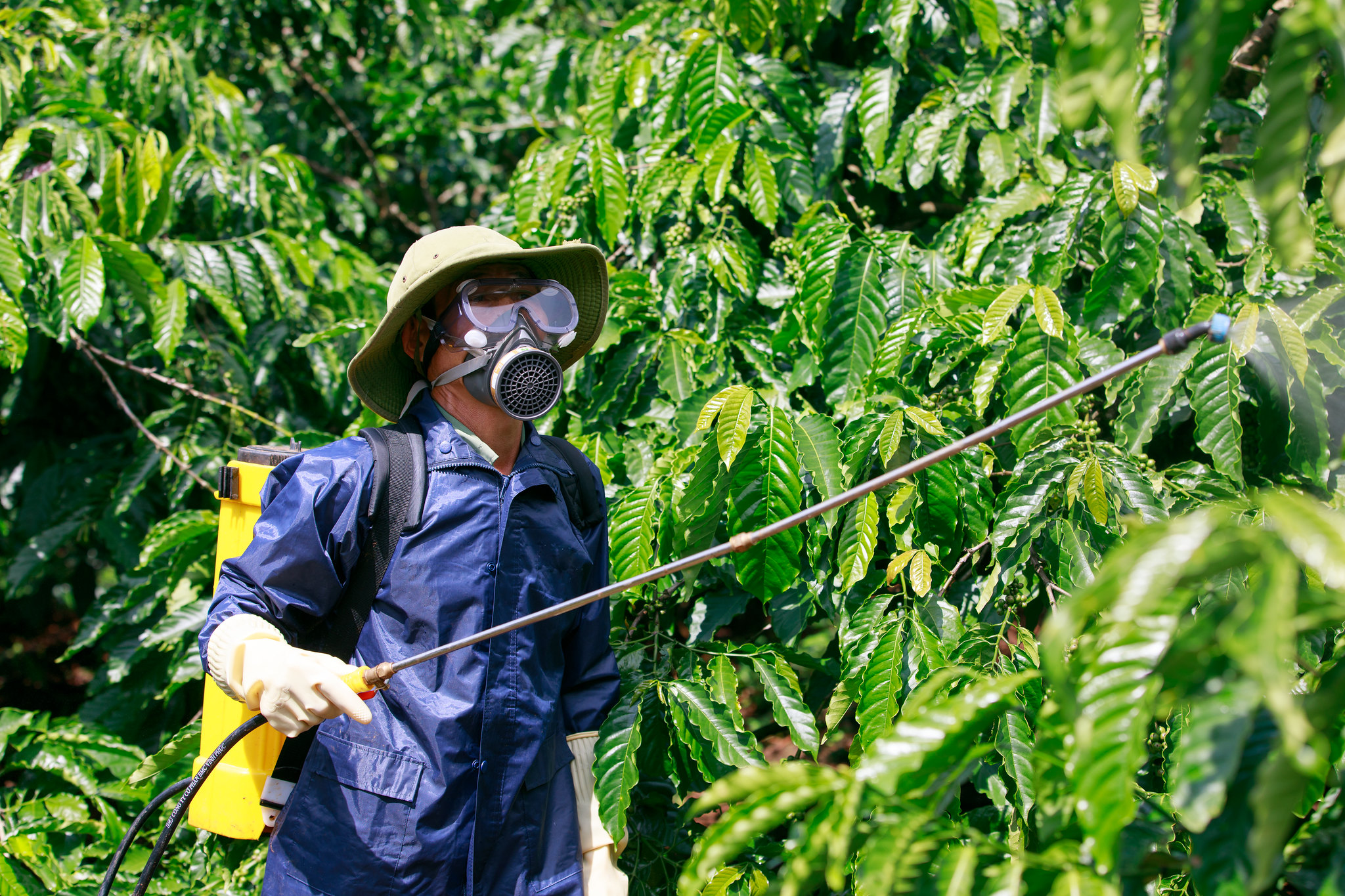GCP Members take further steps in the transition to less hazardous pesticides
G

G
The use of Highly Hazardous Pesticides in agriculture poses a mayor threat to the protection of farmers and workers, and the environment. Moreover, legislation on pesticides use in consuming markets like the European Union are becoming increasingly stringent and are impacting the coffee sector at large and farmers in particular. Building on previous efforts to face this challenge, GCP is taking new steps on the goal to support the coffee sector in general and particularly farmers in the transition to less hazardous pesticides.
In 2023, the focus of the GCP Pesticides Action Group is on adapting the GCP Pesticides Lists and phase out timelines to balance the need to support the sector in the transition towards less hazardous pesticides but considering the reality on the ground, so the transition is not disruptive. Also, it will identify and prioritize substances for which collective action is needed.
Through the year the Pesticides Action Group will collect and share information and knowledge as well as engage with key actors in this space to ensure the different actors in the supply chain and Country Platforms part of the GCP network are better prepared to face the challenges of upcoming regulation and take advantage of the opportunities that collective action generates.
The launch of the GCP Pesticides Action Group followed the publication of the Coffee Sustainability Reference Code in October 2021. The Coffee SR Code presented two lists of hazardous pesticides: the Prohibited List of pesticides and the Phase-out List of pesticides to be reduced and phased out by 2030.
Although Highly Hazardous Pesticides cause disproportionate human and environmental harm, producers face challenges to eliminate or phase out some of these pesticides, due to a lack of awareness of – or access to – affordable alternatives, amongst other reasons. To be able to support coffee farmers in the transition to eliminate and/or phase-out the pesticides in both lists, collective action is needed.
GCP launched the Pesticides Action Group as a practical opportunity for members to advance and support the coffee sector in the necessary transition to less hazardous pesticides. The group works as a part of the Technical Committee, involving key local and international stakeholders in the supply chain.
The Pesticides Action Group is a diverse group that includes experts of GCP Members from producing and consuming countries as well as from different segments in the coffee value chain and is chaired by the Chair of the GCP Technical Committee, Jeremy Lefroy.